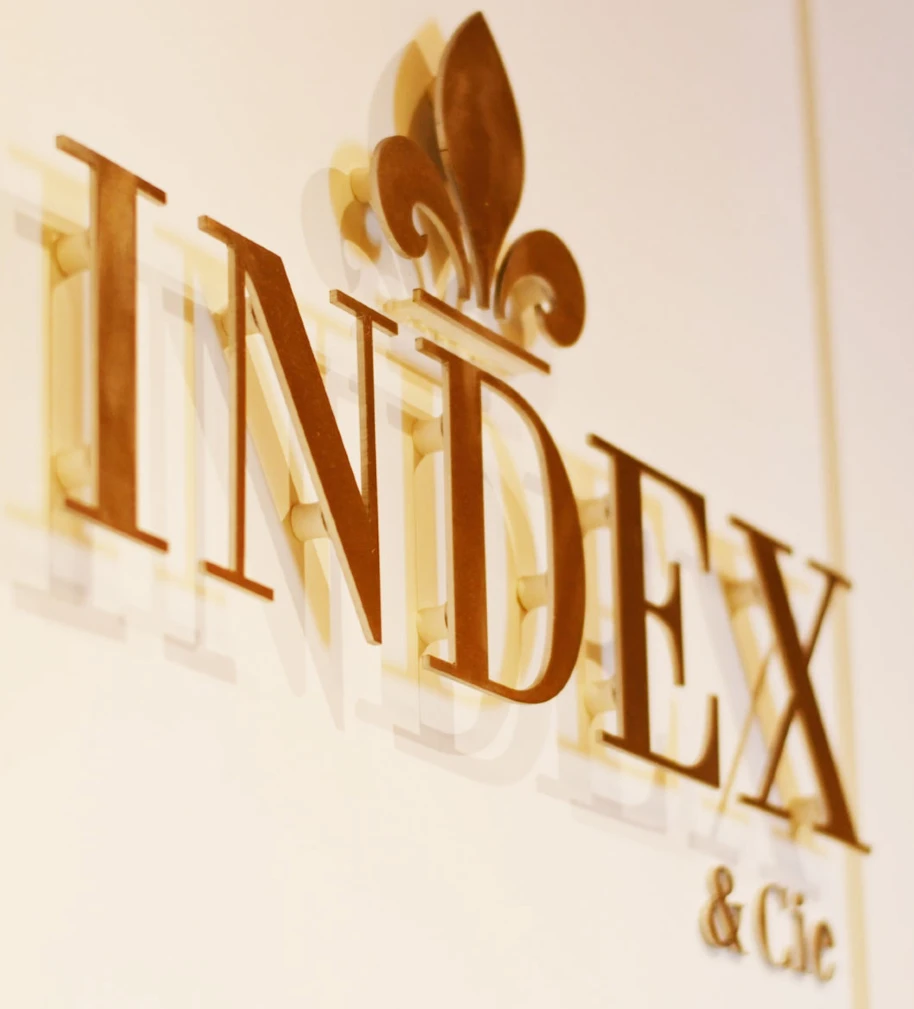
Achieving consistent, long-term financial returns requires effective asset management strategies. Whether you’re managing personal investments or overseeing a larger portfolio, increasing returns while mitigating risk is the key to building wealth over time. Below are some essential asset management tips from the right asset management company to help increase your long-term financial returns.
Diversify your portfolio
Diversification is one of the most important principles of asset management. By spreading your investments across various asset classes—such as stocks, bonds, real estate, and alternative investments—you reduce the risk of significant losses in any one area. A well-diversified portfolio is better equipped to weather market volatility, ensuring that if one sector underperforms, gains in other areas can offset losses. Diversification protects your investments and also increases the opportunity for growth across different sectors.
Focus on long-term investments
Long-term investments, such as equities, tend to offer higher returns compared to short-term or speculative investments. By staying committed to a long-term strategy, you allow your assets to grow and benefit from compounding returns. Market fluctuations are inevitable, but a long-term perspective helps smooth out short-term volatility. Over time, disciplined investors often see better results compared to those trying to time the market with short-term trades.
Rebalance your portfolio regularly
As your assets appreciate or depreciate, your portfolio’s asset allocation can drift from its original target. Regular portfolio rebalancing ensures that your investments remain aligned with your risk tolerance and financial goals. For example, if equities outperform bonds in a particular year, your portfolio may become too equity-heavy, increasing your overall risk. Rebalancing helps maintain your desired asset allocation and reduces the chance of exposure to unwanted risks.
Minimize costs and fees
Investment fees, management costs, and transaction charges can eat into your long-term returns. To increase your overall gains, consider investing in low-cost index funds or exchange-traded funds (ETFs) that offer lower fees than actively managed funds. Additionally, being mindful of transaction fees when buying and selling assets will help prevent unnecessary costs that could erode your returns over time.
Stay informed and review your strategy
Successful asset management requires staying informed about market trends, economic conditions, and changes in your personal financial situation. Regularly reviewing your investment strategy ensures that it aligns with your evolving goals and risk tolerance. Additionally, keeping an eye on emerging investment opportunities, such as sustainable or tech-focused assets, can help improve your long-term returns. Working with a financial advisor can also provide valuable insights into market changes and ensure that your strategy remains effective.


